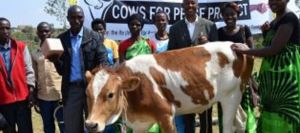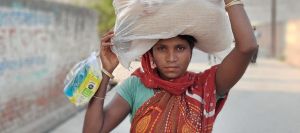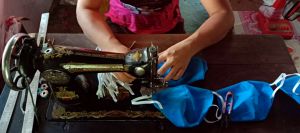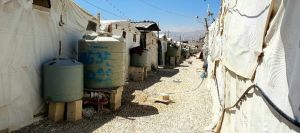
‘SHARE’ 239 – ‘Give You This Calf as a Mark of Reconciliation’
Looking around the world, we can find that many people in developing countries have suffered from atrocities imposed by state authorities for power struggles. Every killing left all kinds of traumas on victims, making them impossible to look into the future. The ‘FOCUS’ of this issue shares how CEDAR’s partner in Rwanda healed the trauma left over from the genocide against the Tutsi and engaged in community reconciliation work based on cultural traditions. ‘BACK TO THE BIBLE’ explores the scriptural context of ‘Seventy-seven Times’, bringing out that forgiveness is the voluntary action of the victim, and seeking the truth is the basis for reconciliation. In addition, we share our children and youth development project that CEDAR has been









